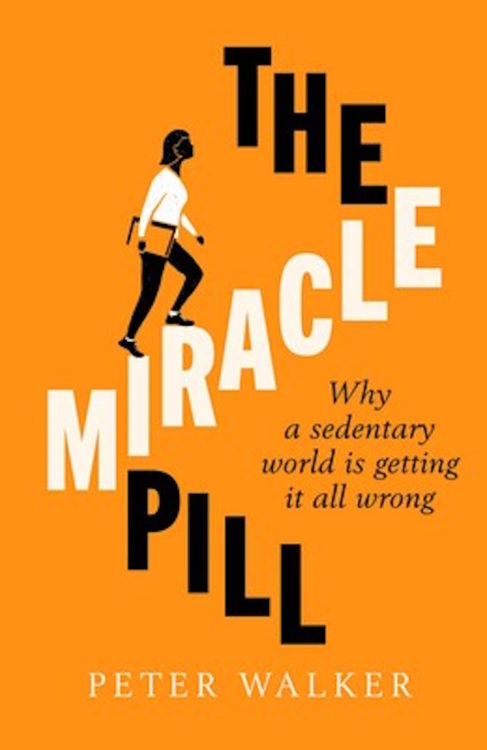A well-researched, thought-provoking read.
Peter Walker is a journalist who has covered issues as diverse as cycling, Brexit,
However, his writing is backed by extensive research from around the world. Walker cites figures showing four out of 10 British adults, and eight out of 10 kids, are so inactive they do not meet even the minimum recommended levels for movement/activity. This is a stark reminder of how pervasive the problem is across western societies and increasingly in other countries which have also adopted our unhealthy lifestyle and food habits.
The author makes the point this state of affairs has built up over a relatively short period of time, certainly within the life span of those still around today. We have become increasingly sedentary and have sectioned off ‘exercise’ as a specific activity that can never replace the everyday activity and movement we used to do. I can certainly remember, in both the UK and Australia, walking or taking a bus to school—in fact, the only time I was ever picked up in a car was when I was learning to drive! The workplace and the home are full of
The lockdowns necessitated by the current pandemic have only exacerbated these issues as, on top of battling Covid, chronic ill health, which is often related to obesity and inactivity, are threatening to bankrupt national health systems across the world. Walker cites research demonstrating that tackling health problems related to our overreliance on cars can be addressed by building infrastructure which puts people, not cars, at the heart of everyday transport.
Had neighbourhoods and cities been designed around a more active lifestyle—for example, having local shops close enough to walk or ride to—one would not need to ‘exercise’ specifically, as it would be built into daily life. In the Netherlands, safe bike paths and walking spaces are provided as a matter of course, which may explain why there are more bikes than people in that country. And it is not just physical health which benefits from increased activity. Given that populations around the world are ageing, perhaps the most exciting and fast-moving area of research points to the fact that regular movement and activity becoming part of one’s daily life will also help to keep Alzheimer’s, and other forms of dementia, at bay as well as giving an overall boost to cognitive function.
As with so many self-help books, Walker writes from a position of privilege which he does not declare. He assumes one has the money, time, and energy to be more active. Many people who use public transport are forced to walk when the bus or train doesn’t go where they need to be or at a time they need to be there. They do so because they have no alternative. He also does not consider how less-able people will manage walking or riding a bike when they must sometimes wait months, even years, for a basic wheelchair to allow them even to leave the house.
Reviewed by Jan Kershaw
Distributed by: Simon & Schuster
Released: 3 February 2021
RRP: $32.99





















